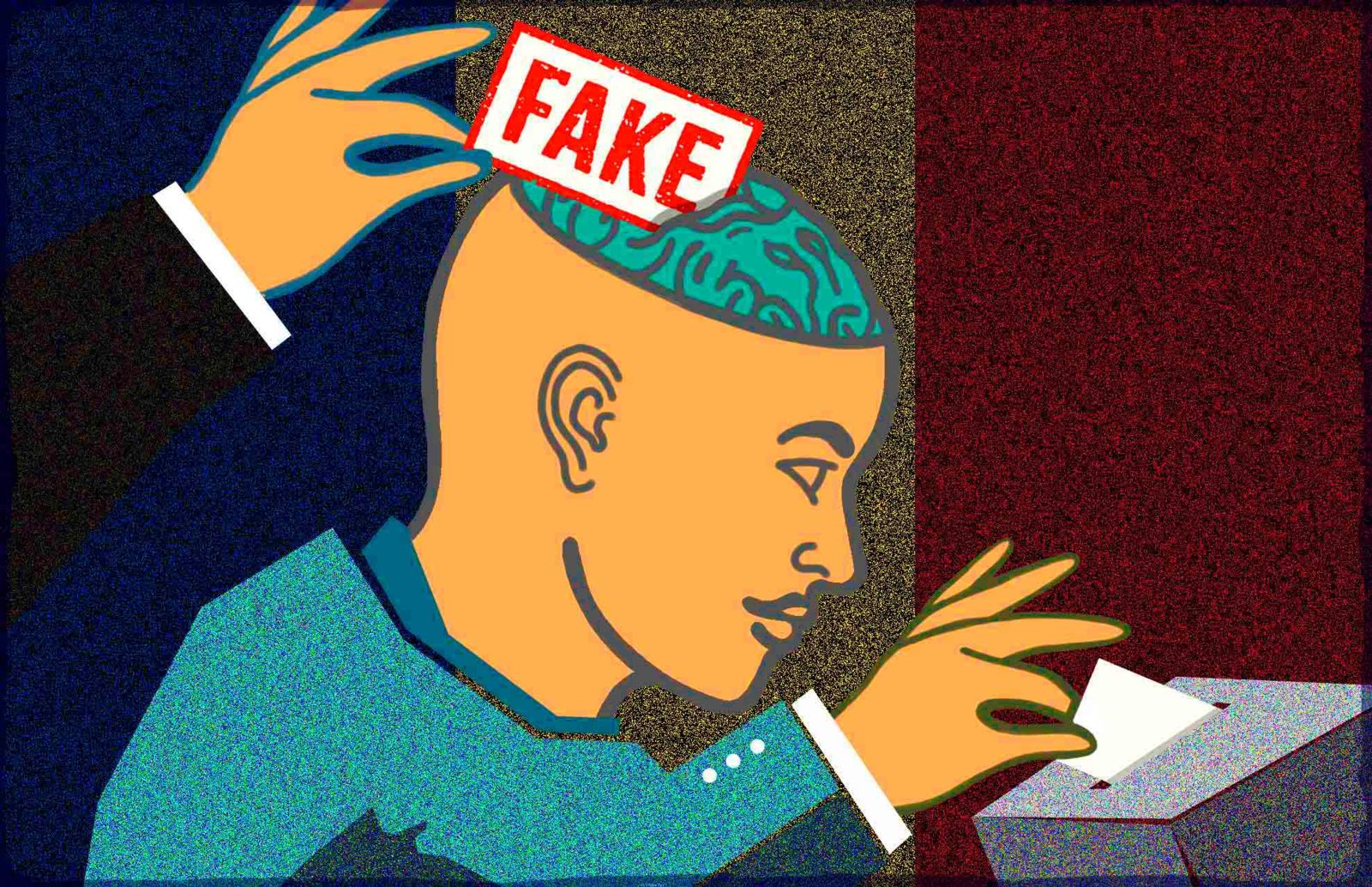The super-election season is underway, with elections occurring in at least 64 countries around the world. At the same time, the World Economic Forum has ranked disinformation as the biggest global risk. Moldova is no exception, with upcoming presidential elections and an EU membership referendum scheduled for the autumn. The country will have to deal with the challenges of holding elections amidst disinformation attacks, marking a political crossroads that will shape its future trajectory.
Independent media, civil society, the pro-EU government, and the international community need to act together—and fast—to protect electoral integrity in Moldova. Failing to do so threatens geopolitical security in Europe and risks democratic deterioration in a country that has achieved 94% progress in its European Union accession process, casting uncertainty over Moldova’s democratic future.
The undecided voter demographic for the presidential election reveals a vulnerability within the Moldovan population. While it is normal for a democracy to have swing votes, in the context of Moldova—a country experiencing repeated disinformation attacks—the substantial number of undecided voters poses an opportunity for hostile actors to exploit and undermine political stability, the liberal government, and Moldova’s EU aspirations. Moreover, external interference in the elections could open avenues for heightened military and economic destabilization in Europe.
In November 2023, disinformation narratives such as “Russophobia imposed by the West” and the discrediting of the EU threatened the electoral integrity of local elections in Moldova. These narratives undermined the credibility of pro-European authorities and candidates and entities working to address Moldova’s developmental challenges, including international organizations, donors, and civil society groups. In response, Moldovan authorities implemented a series of measures, such as banning certain television channels and blocking several websites. For the purposes of transparency, a decree was published online by Moldova’s Intelligence and Security Service that listed the Russian news sources of concern. In two separate decrees, Moldova suspended the licenses of several domestic TV channels.
Non-governmental media organizations in Moldova expressed concern about how the ban was implemented, as it was made in a non-transparent manner without an explanation of the factual and legal circumstances used to justify the restrictive measures. International actors such as the Organization for Security and Cooperation in Europe echoed this concern, stating that the restrictions to freedom of speech did not appear proportionate to the violations committed under international human rights law.
Expectedly, this narrative was re-used against Moldova by the Kremlin, which described the blocking of websites and TV channels as a “violation of freedom of speech.” Paradoxically, fake pages multiplied across Facebook during the local elections, using targeted methods to promote pro-Russian political candidates, according to insights from the NGO Reset that were reported in Le Monde. The article also describes the interference campaign and its main objective to support pro-Russian individuals and their agendas in Moldova through the use of pro-Russian Facebook ads. The advertising budget is estimated to be between €198,000 and €280,000.
Transparent political advertising is standard practice during elections. However, when it becomes micro or nano-targeted, aiming to reach voters with extreme precision based on their preferences or data, this kind of advertising can undermine genuine political competition and the legitimacy of election results. Manipulating public opinion through fake pages and asymmetric amplification of political content exacerbates this distortion.
Safeguarding the information space during elections is complex and should not be done “simply”—for example, by blocking the apparent sources of threats. Thoughtful measures are essential and should be aligned with the international human rights framework. Incorporating the EU’s Digital Services Act (DSA) into Moldova’s national legislation would be an important step toward curbing illegal and harmful activities online and moving toward EU accession.
However, regulation alone will not solve the issue, and electoral integrity can only be ensured through partnerships. In Moldova, a “task force format” collaboration has been initiated between governmental entities like the Center for Strategic Communication and Combating Disinformation (the Stratcom Center) and non-governmental stakeholders, including civil society and independent media. The task force plans on round-the-clock threat analysis of the information landscape leading up to and during the election(s) to identify disinformation. Experts will provide assessments and strategies for task force members, including Stratcom, civil society, and independent media, guiding effective actions and coordinating messaging and counter-messaging efforts to mitigate the impact of the disinformation it identifies. This effort is costly, and international actors need to support this collaboration now to sustain it.
The World Economic Forum’s warning about disinformation underscores the urgency of protecting electoral integrity. It’s a make-or-break moment for Moldova, one that demands collective action and funding to ensure the stability of the country’s democratic journey and that of Europe. Moldova’s democracy hangs in the balance, risking a future shaped by distrust in democratic processes and the growing challenge of discerning fact from fiction.

